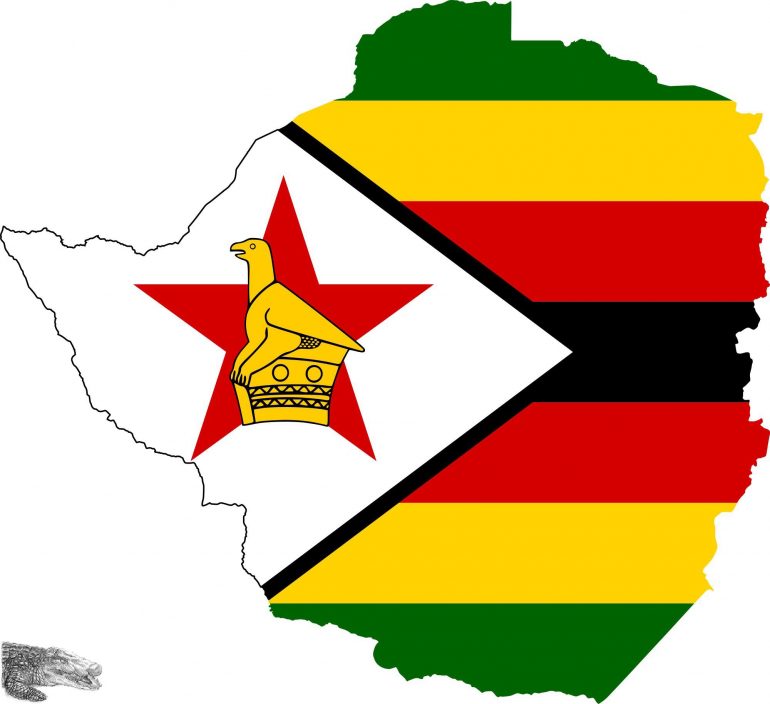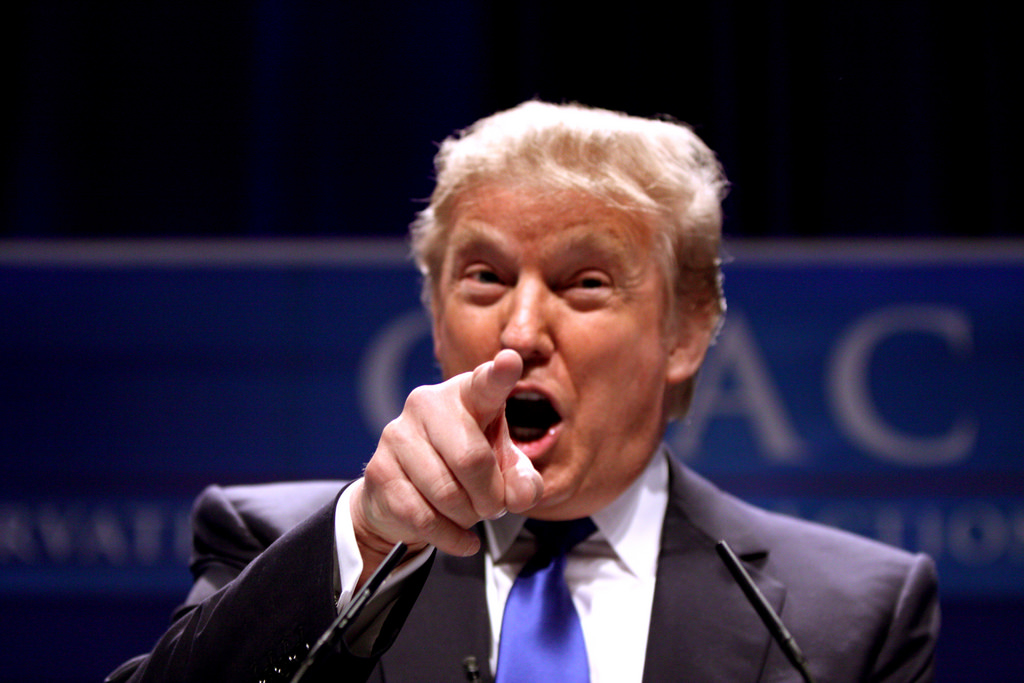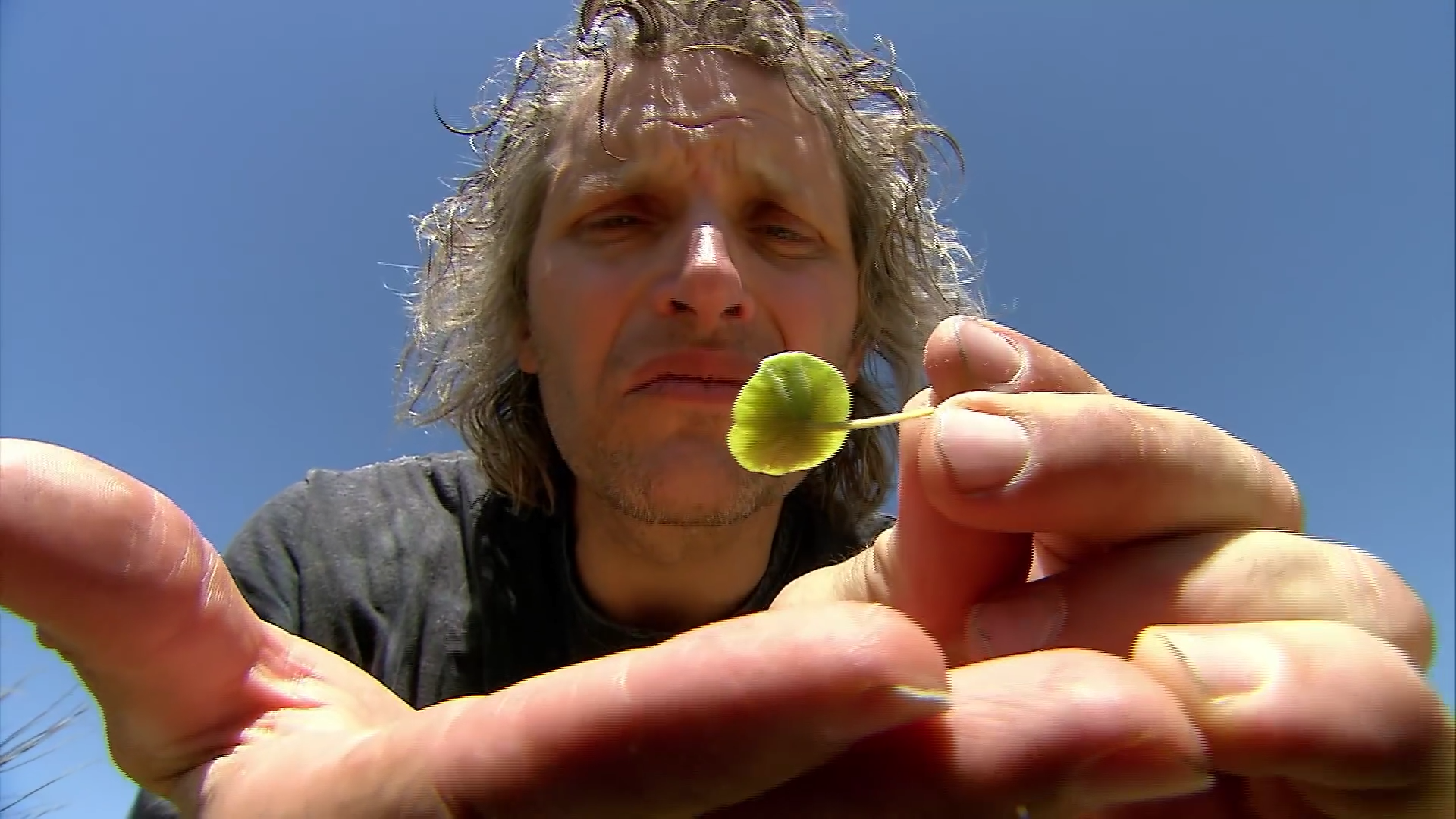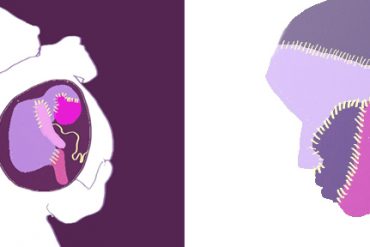The most damning predictor of Zimbabwe’s new president was written 50 years ago: “A man who has just come in from the rain and dried his body and put on dry clothes is more reluctant to go out again than a man who has been indoors all the time,” says Odili—Chinua Achebe’s protagonist in “A Man of the People.” Published in January 1966, six years after his Nigeria liberated itself from Britain (and two days after Nigeria’s first military coup), Achebe’s novel is Nigeria-influenced, but not Nigeria-specific. Its political satire, “a rather serious indictment of post independence Africa,” according to Achebe, targets a continent-at-large, amidst mass decolonization.
Africans rid themselves of European rule from Algeria to Zambia. But the economic and social structures imperialism created stayed, catalysing atrocities from blood diamonds in Sierra Leone to genocide in Rwanda. Politically, postcolonial Africa birthed a plight of strongmen heading corrupt governments, enriching themselves at their nations’ expense, violently suppressing dissent. Odili’s proverb speaks to the psyche of politicians in his new, unnamed African nation, and their anxiety over losing post-colonial power. As Odili puts it, “We ignore man’s basic nature if we say, as critics do, that because a man…had risen out of poverty and insignificance to his present opulence, he could be persuaded without much trouble to give it up again and return to his original state.”
Enter Zimbabwe’s Robert Mugabe, the poster boy of opulent, anxiety-driven rain-dodgers. A school teacher turned political activist, Mugabe led Zimbabwe’s liberation movement against Ian Smith’s racist Rhodesian government, becoming Prime Minister of newborn Zimbabwe in 1980. The end of an oppressive regime by the promise of national self-determination—a truly democratic society—fostered mass jubilation. But joy became sorrow, with the reality of Mugabe’s 37-year uninterrupted tyrannical misrule. Under Mugabe, Zimbabwe suffered economic collapse, astronomic hyperinflation, massive unemployment, decreased life expectancy, and extreme deterioration of basic infrastructure. Political dissent—any threat to Mugabe’s power—was repressed by incarceration and violent force. Cronyism and nepotism ran rampant. The indifference became shameless: earlier this year, as most wallowed in poverty, Mugabe’s twenty-something-year-old son posted himself pouring champagne over an expensive wristwatch in a nightclub.
Zimbabweans literally danced in the streets, a jubilation returned, when word broke on November 21st that the 93-year-old Mugabe had resigned. His downfall was swift. After firing Vice President Emmerson Mnangagwa (um-nan-GA-gwa) to secure his wife’s succession a week prior, Mugabe was placed under house arrest by Zimbabwe’s military. Refusing to resign even after his party, Zimbabwe African National Union—Patriotic Front (ZANU-PF), expelled him, it wasn’t until motions of impeachment were set to begin that Mugabe threw in the towel.
On November 24, Mnangagwa, returned from exile in South Africa, became Zimbabwe’s second head of state. Thousands filled National Sports Stadium in Harare, the nation’s capital, to witness their new leader’s inauguration. Bolstered by his people’s good will, Mnangagwa gave a speech of self-professed humility, hitting all the right notes, with a promise to hit the ground running. “The culture of government must change and change now,” he said, to thunderous applause. Resurrecting the economy, societal inclusivity, increasing the nation’s international standing, committing to fair elections were key promises. He spoke cordially of Mugabe, honoring his role in the country’s founding. Quashing lingering resentment while stoking national optimism, Mnangagwa said, “Whilst we cannot change the past, there is a lot we can do in the present and future to give our nation a different, positive direction. As we do so, we should never remain hostages of our pasts. And I must humbly appeal, to all of us, that we let bygones be bygones.” Sans context, his words are fine. With context, his words terrifying.
Mnangagwa is just as horrible as Mugabe. Kimiko de Freytas-Tamura, for The New York Times, writes, “Officials and observers of Mnangagwa’s rise to power say he shares some of Mr. Mugabe’s traits: He is power-hungry, corrupt, and a master of repression.” The son of a farmer, Mnangagwa was a freedom fighter by 16. Having received military training in China and Egypt, Mnangagwa’s relationship with his predecessor dates back to 1970s, when he became Mugabe’s bodyguard and personal assistant during the liberation movement of the Portuguese-colonized Mozambique. Mugabe valued Mnangagwa’s loyalty, promoting him consistently through the ranks of his increasingly authoritative government, ultimately making him the head of the Central Intelligence Organization in the mid-1980s. In his position, ordered by Mugabe in response to political opposition, Mnangagwa quarterbacked Gukurahundi—or “the early rain that washes away the chaff before spring,” a manic, bloody campaign that killed 20,000; many of which were of the ethnic minority Ndebele. For his service in viciously suppressing his people’s will, Mnangagwa was promoted to the Vice Presidency in 2014. Attempting to distance himself from his bloody career as Mugabe’s right-hand-man, he actively sought to change his reputation into that as one of an economic reformer.
Mnangagwa is believed to have had a role with in Mugabe’s outing, with new reports on his consistent communication with military leaders during the coup. As Max Bearak writes for The Washington Post, “Mnangagwa is better known by his nom de guerre, ‘Garwe,” or ‘The Crocodile.’ In a radio interview two years ago, Mnangagwa explained that a crocodile never leaves the water to search for food. Instead, it waits patiently for its prey to approach. ‘It strikes at the appropriate time,’ he said.” Finally in control, Mnangagwa is eating.
There’s hope that Mnangagwa will live up to his promises. And that politicians don’t always lie. And that crocodiles don’t plot. And that a 75-year-old man, in his new dry suit, will be willing to go back out into the rain. And that Achebe’s Odili doesn’t know what he’s talking about. Ironically, in his inaugural speech, Mnangagwa said, “Never again should circumstances that have put Zimbabwe in an unfavorable position be allowed to reoccur.” Never should Mnangagwa have been allowed to take office. A month after Mugabe’s resignation, Zimbabwe still remains under tight military control. Soldiers scare rural voters, despite his promise of free elections. Mnangagwa has filled his cabinet with loyalists despite a promise inclusion. Fears of old have been resurrected despite new leadership. As Jason Burke writes for The Guardian, “The ousting of Mugabe was a redistribution of power within the ruling elite of Zimbabwe, not a people’s revolution.”
Time will tell for certain if 2017s jubilation will go the way of the 1980s, but for now, the forecast looks bleak.
This article originally appeared in the print edition of our January 2018, issue, titled “Don’t Believe a Crocodile’s Hype.”





